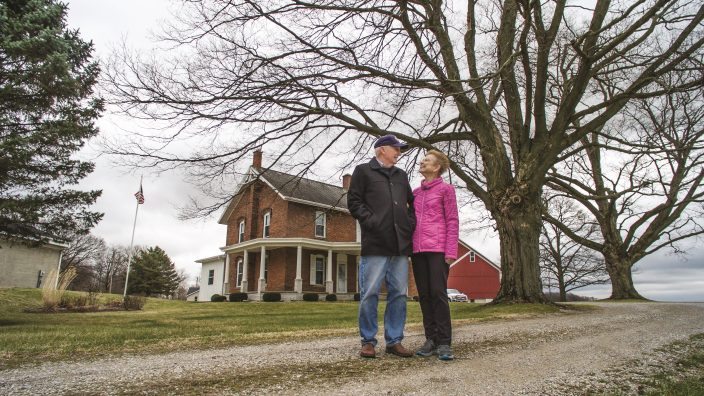Agriculture trade and tariff resources
Ohio Farm Bureau has collected information and resources that will be updated as the trade and tariff situation continues to unfold.
Read MoreMarvin Dietsch recalls driving his youngest daughter Natalie back to school at the University of Notre Dame when the realization hit him.
“Dad,” she had said as the flat farm fields of Indiana rolled by, “I don’t even know if I’d know what a plow looks like.”
Marvin’s voice pitches years later as he remembers the moment.
“All those years (my children) grew up on a farm and they never saw a plow,” he said, with a head shake.
It was right around that time Marvin and his wife, Janie, began to think about the future of their farm. The almost 1,000-acre corn and soybean operation is tucked in the far northwest corner of Ohio in Williams County and has been in the family since 1875. Janie gave up a career in nursing and worked at home raising their children while Marvin worked both on and off the farm.
They’d lived away from the farm for a short time, in Delta, when Marvin worked at Owens-Illinois, but it never felt quite right.
“When we walked on city streets it wasn’t the same,” Janie said. “That’s the main value of owning property.”
Marvin and Janie were entering their 60s, and their children were all young adults when they started planning for the future in the early 2000s. They gathered all the business documents and prepared to talk to a lawyer about how best to allocate their assets. What they realized they didn’t know was if the next generation—their four adult children – had any interest in not only maintaining but taking an active role in the family business. One son, David, died in a bicycle accident when he was 13.
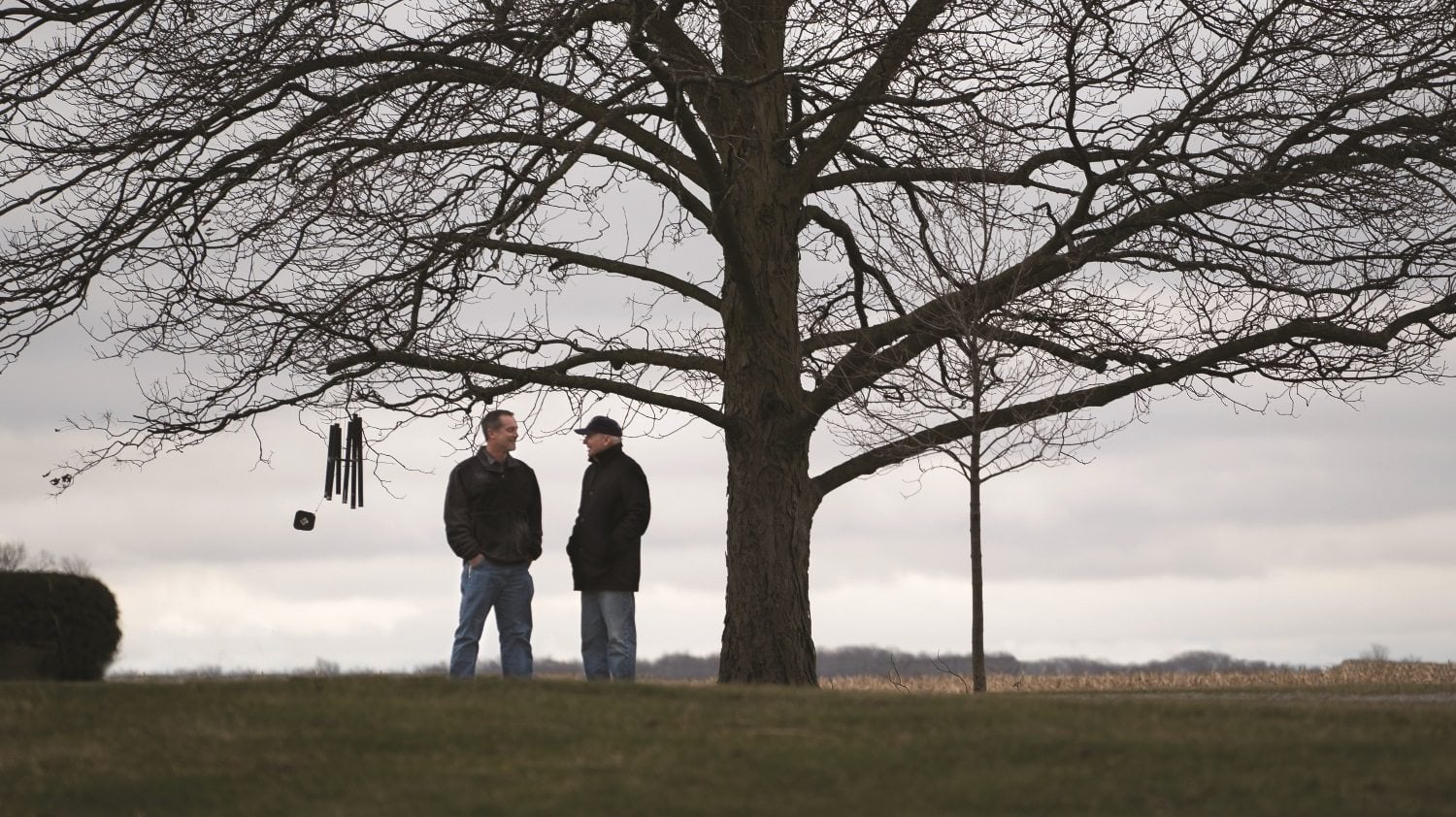
They decided to send their children a survey of what role they wanted to play in the future of the business.
“We created a list of 10 questions (see sidebar) and asked them to respond as honestly and as openly as they could,” Marvin said. They waited three months for responses.
“I had one son who said ‘I really thought I knew what I wanted to do until I had to sit down and write it,’” Marvin said. The consensus was to keep the farm and the business in common ownership to continue to grow the business and their family legacy.
“Dad’s offer to form an LLC allowing the transfer ownership to our generation and beyond was a huge surprise,” said oldest daughter Michelle Almond, who lives in Eugene, Ore., with her family. “While I had always treasured my upbringing, I had not dreamed I could meaningfully share parts of that experience with my children because we lived so far from it.”
Oldest son Greg, who lives with his family on the farm property in Edgerton, called the survey a “wake up call.”
When he received the questions from his parents, he was working for a manufacturing company and was not involved in the day-to-day business of the farm. He is now. Greg is the general manager of Dietsch Enterprises and, with the help of his father, runs both the farm and a side irrigation company.
“You start to realize your ties, where you grew up…that you have an emotional attachment to the farm,” he said. “You think ‘OK, what does happen when (Mom and Dad) are no longer in the picture?”
“I think that working together is a natural extension of our family unit,” said son Eric, who lives with his family in Auburn, Ind. Along with a yearly business meeting in Edgerton, the family members communicate often whether it’s via a phone call or email. Spouses are also active members of the LLC, allowing the family to draw on everyone’s experience to run the business.
“We all bring different strengths and thought processes to the table,” said Natalie Burkholder, who lives in Dublin with her family. Marvin credits Janie for the close-knit family they have today.
“We’ve always been a family that communicates,” Greg said. “Everybody feels the involvement and feels what’s going on…When we have our business meeting, it’s largely a review of the previous year.”
This is precisely the outcome Williams County Farm Bureau members Marvin and Janie hoped for when they sent the survey to their children all those years ago. An LLC was established a few years later and now, along with the annual meeting, the family is bringing the grandchildren on board to learn about life on the farm with a summer workshop of their own.
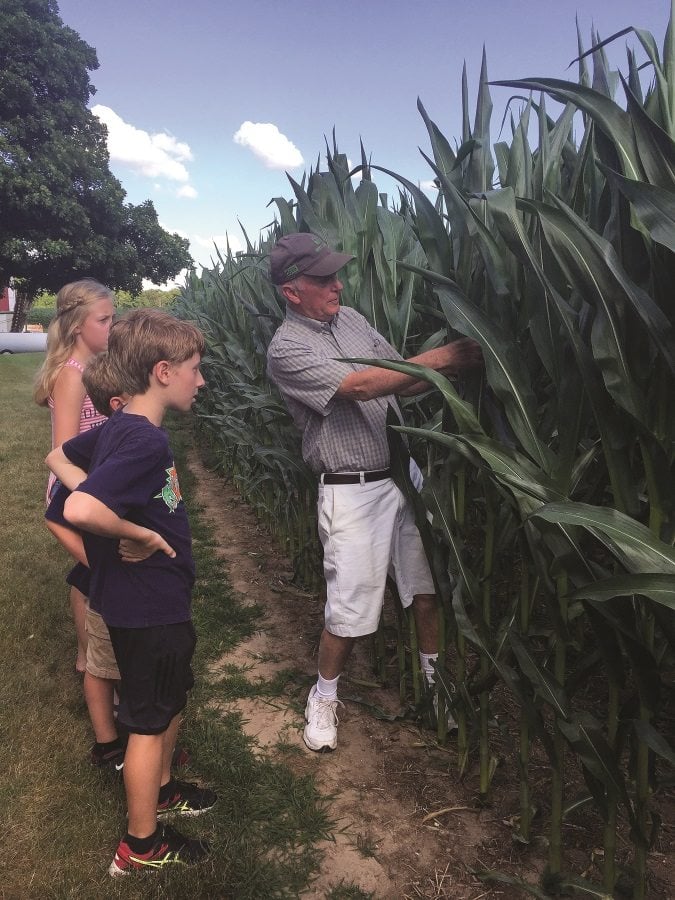
“I love that my children refer to visiting the farm as ‘going home,’” Michelle said. “I love the idea that the farm might be a home base for our children’s children, too.”
Eric noted that they understand that the transition doesn’t run as smoothly for every family.
“We’ve discussed that without a plan implemented up front, many families have tensions rise between siblings and it can be hard on the family,” he said. To help farmers begin the business succession planning in their own families, Nationwide offers the Land As Your Legacy program. While the Dietsch’s put their plan in motion before Land As Your Legacy was established, Marvin said having such a program to help farming families pass on their life’s work to the next generation is invaluable.
“It’s so important that you enter into early discussions (with your children) about your plans, about what comes in life,” Marvin said. “That’s the worst thing that can happen is to have a business dumped on the next generation without any insight…about how it’s going to affect their lives.”
Because of the foresight to plan for the future, Marvin said he and Janie are enjoying “a delightful retirement.”
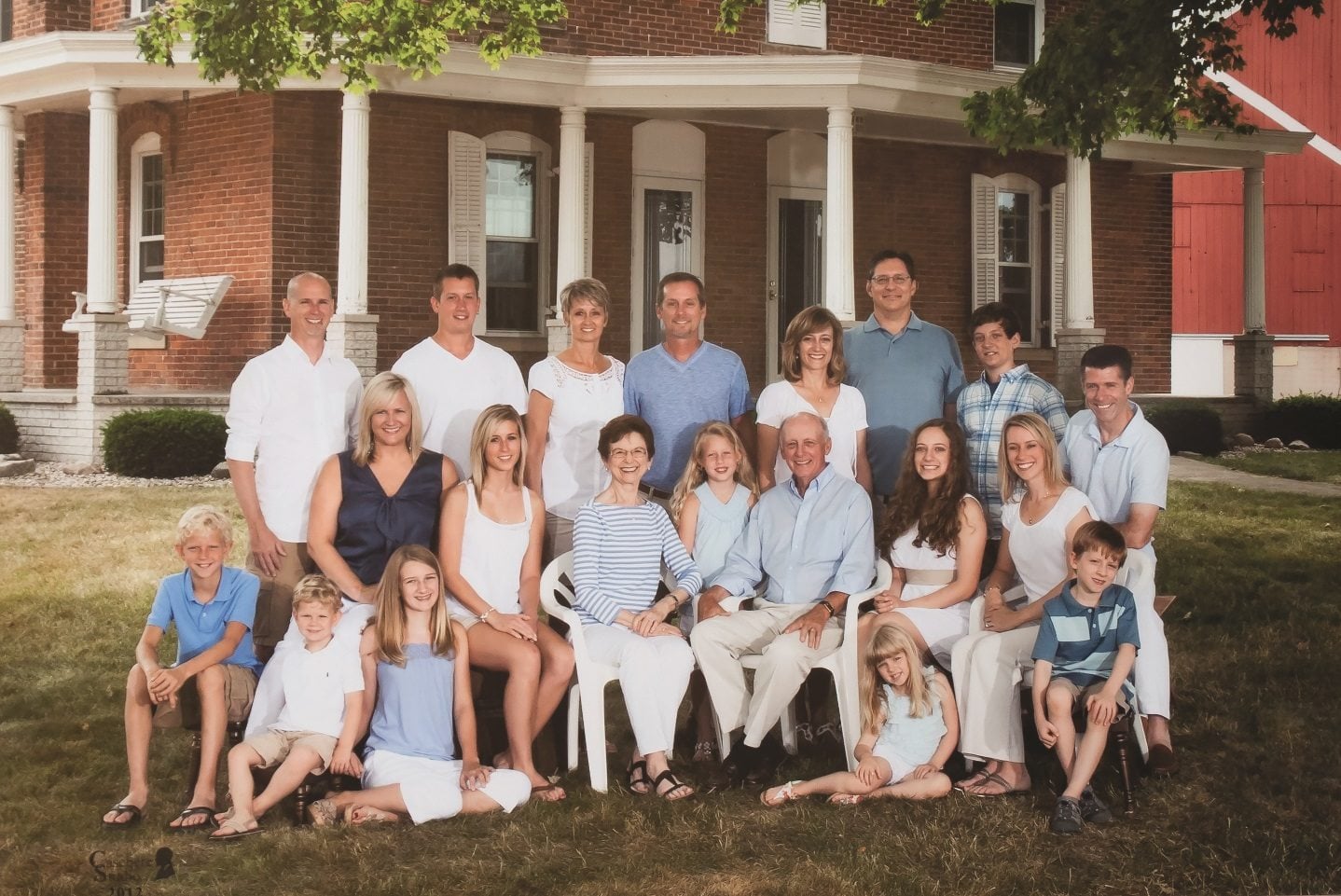
Below are the 10 survey questions Marvin and Janie posed to their children as they planned for the future of their family farm:
1. What does the farm mean to you now?
2. Would you like to hold some ownership of it, or would you rather have its cash value?
3. Would you ever consider developing the farm business or a farm-related business?
4. Which would you prefer in ownership: individual ownership of 25% of the assets vs. 25% shared ownership of the entire farm such as in a corporation or partnership?
5. Would you like to be a part of future strategic planning of the farm as a business?
6. In what areas of farm business do you feel most knowledgeable?
7. In what areas of farm business do you feel least knowledgeable?
8. What future potential do you see in the farm as a bona fide business?
9. Do you have any ambitions that make the family farm a significant factor?
10. Any other comments or ideas you would like to express?
Photos by Neal Lauron
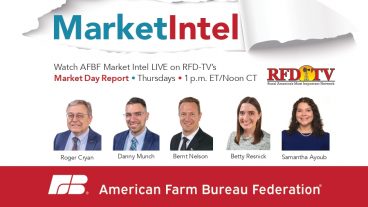
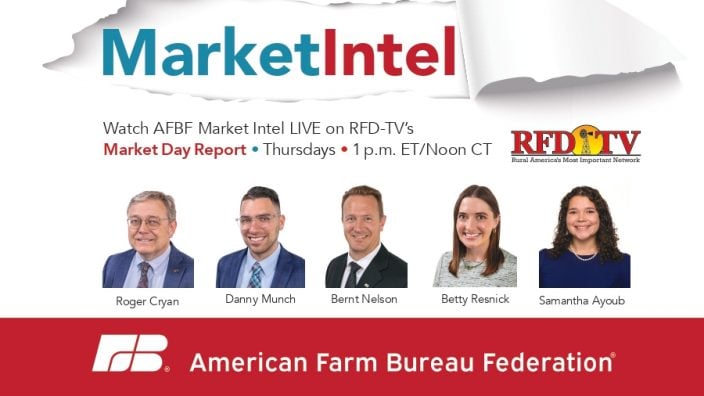
Ohio Farm Bureau has collected information and resources that will be updated as the trade and tariff situation continues to unfold.
Read More

SB 100, championed by Sen. Susan Manchester, would offer farm families access to affordable, personalized health care plans.
Read More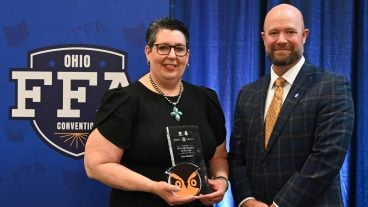
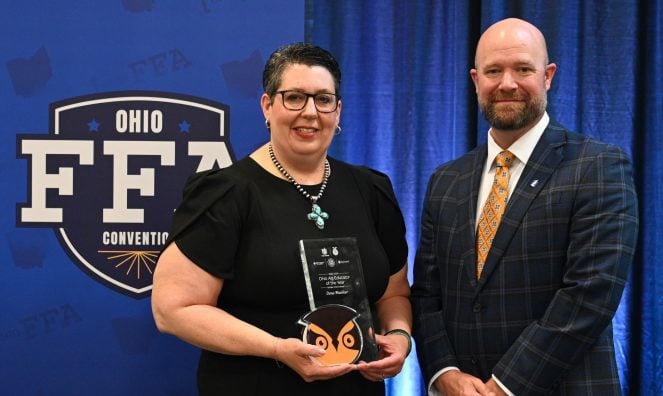
March is National Agriculture Month and in today’s world, agricultural education and awareness is needed more than ever. Hear from two of Ohio’s top ag educators.
Read More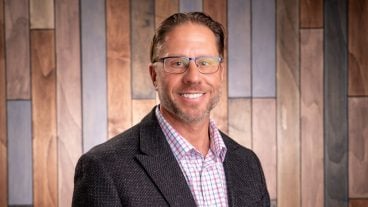
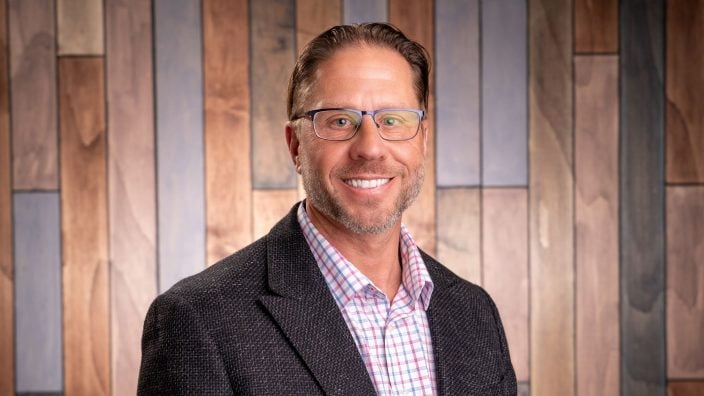
Brent Nemeth of Rayland/Dillonvale will serve members in Carroll, Harrison, Jefferson and Tuscarawas counties.
Read More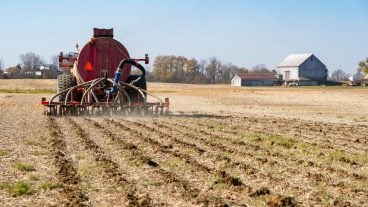
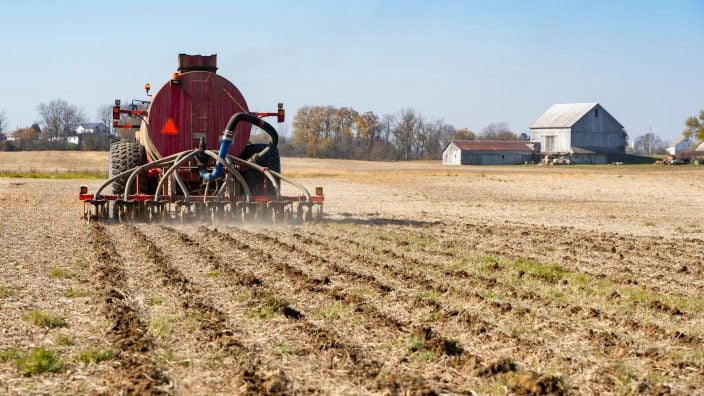
Current Agricultural Use Value is often discussed as a farmland preservation tool, but there are some other tools in the law that landowners can consider.
Read More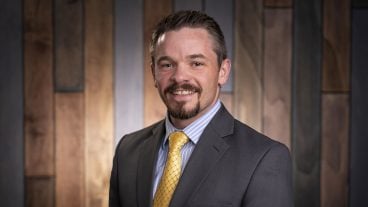
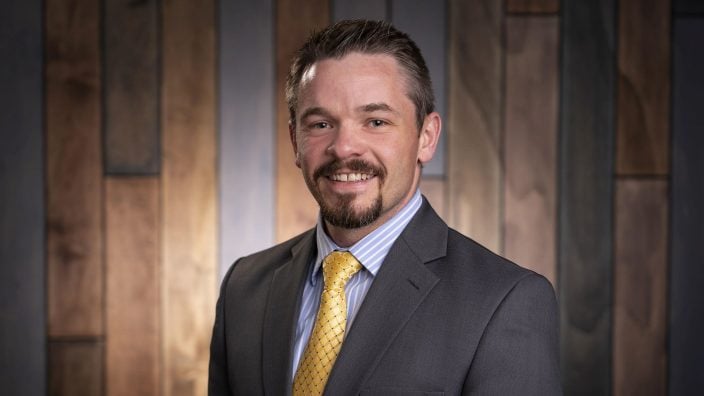
Trevor Kirkpatrick will help design, coordinate and implement member-focused health benefits programs.
Read More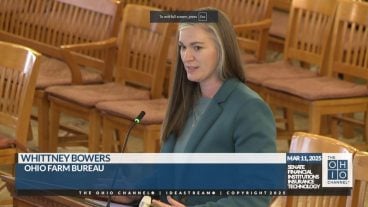
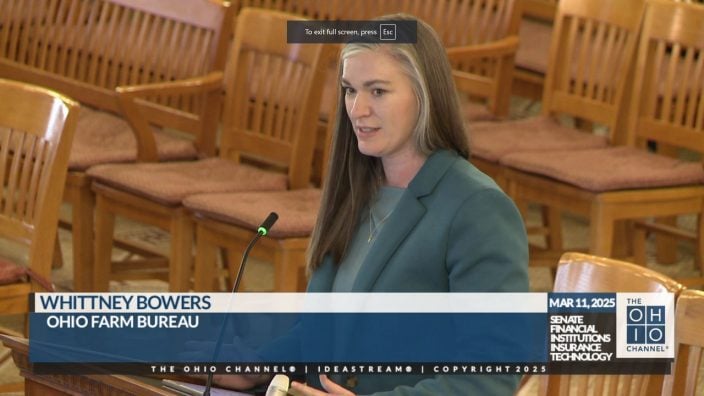
SB 100 will allow Ohio to join the existing network of state Farm Bureaus participating in Farm Bureau Health Plans, which is an alternative health plan that has been serving Farm Bureau members since 1993.
Read More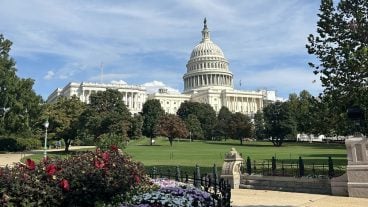
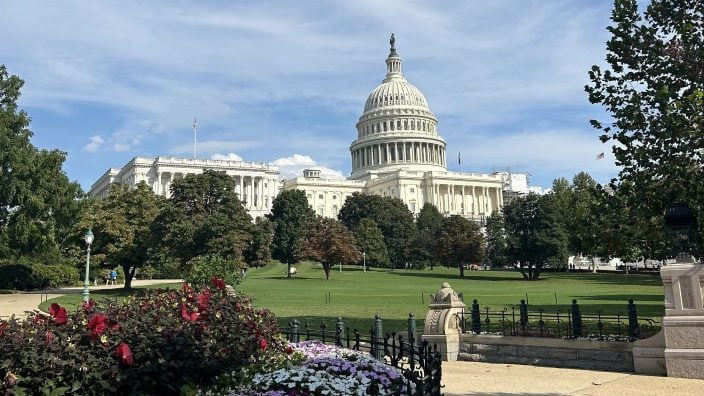
Over three days, participants heard from experts and, in turn, voiced their thoughts on topics as far reaching as the farm bill to trade to taxes.
Read More

The ExploreAg program is free to all high school students. The deadline to apply is April 30 at exploreag.org.
Read More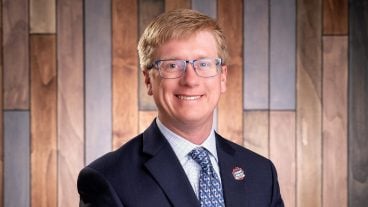
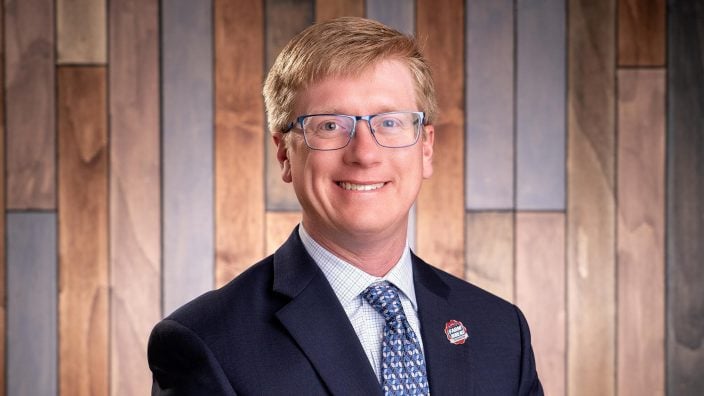
The award recognizes successful young agricultural professionals who are actively contributing and growing through their involvement with Farm Bureau and agriculture.
Read More